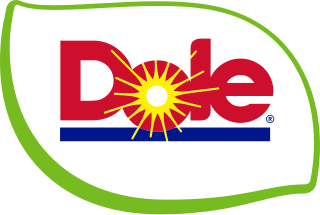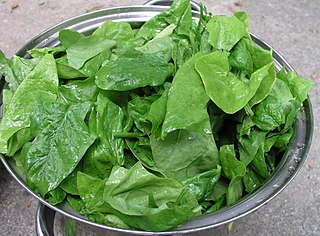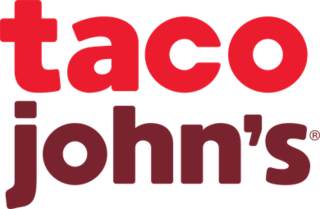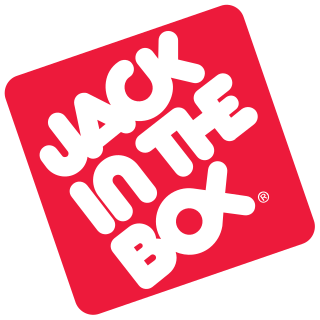Lettuce
Taco Bell

In December 2006, Taco Bell restaurants in four Northeastern states emerged as a common link among 71 sickened people across five states, 52 of whom were ultimately confirmed by the Centers for Disease Control to have tested positive the same E. coli strain. [3] A total of 33 people in New Jersey, 22 in New York, 13 in Pennsylvania, 2 in Delaware, and 1 in South Carolina fell ill, according to the CDC. [3]
The four states with Taco Bell restaurants where these consumers were confirmed to have eaten were in New Jersey, New York, Pennsylvania, and Delaware. (The patient from South Carolina ate at a Taco Bell restaurant in Pennsylvania). [3]
Of the 71 reported cases, 53 were hospitalized and 8 developed a type of kidney failure called hemolytic–uremic syndrome. According to the CDC, illness onset dates ranged from November 20 to December 6. [3]
On December 7, 2006, an initial investigation attributed the outbreak to green onions, which had been supplied to the Taco Bell restaurants by a single McLane Company distribution center in Burlington Township, New Jersey. [4]
Tainted green onions may have proven a ready culprit in part because of their involvement in at least one widely reported prior outbreak of E. coli. In 2003, green onions were suspected as the cause of a foodborne illness involving the Chi-Chi's restaurant chain in western Pennsylvania that killed 4 people and sickened 660. [5]
After further investigation, Taco Bell determined that the cause of the problem was with lettuce, not green onions, and switched produce suppliers in the New York, New Jersey, Pennsylvania, and Delaware area. Company president Greg Creed stated in a press release that Taco Bell was cooperating with the CDC and the FDA in the controversy and he also stated that two of the people who claimed they got sick from eating Taco Bell actually did not eat there. [6] Even though green onions were proven to not be the source of Taco Bell's E. coli outbreak, Taco Bell has no plans to put them back on the menu.[ citation needed ]
By mid-December 2006, both green onions and McLane Company had been eliminated as possible sources of the Taco Bell contamination. [7] [8] Taco Bell's tainted lettuce was later traced, via packaging, to farms in the Central Valley of California, although no specific sources have been made public. [9]
Taco John's
Later in December 2006, Iowa and Minnesota health officials investigated an E. coli outbreak that was traced to foods served at Taco John's restaurants in Cedar Falls, Iowa and Albert Lea and Austin, Minnesota. As of December 13, 2006, the Iowa Department of Health had confirmed that at least 50 Iowans had become ill with E. coli infections after eating at Taco John's. On December 18, 2006, the Minnesota Department of Health reported that 37 probable E. coli cases had been reported in connection with the Taco John's E. coli outbreak, nine people were confirmed ill with E. coli, eight people were hospitalized, and one person had developed hemolytic-uremic syndrome.[ citation needed ]
The Taco John's E. coli outbreak was traced to contaminated lettuce sold in foods at Taco John's restaurants that were supplied by a Minneapolis lettuce supplier. In response to the Taco John's E. coli outbreak, Taco John's agreed to reimburse ill individuals for medical expenses, and hired a new fresh produce supplier. [10] Taco John's president and CEO Paul Fisherkeller stated in an open letter that their restaurant food was safe to eat in the wake of the E. coli outbreak that closed three of their restaurants in Iowa and Minnesota.[ citation needed ]











